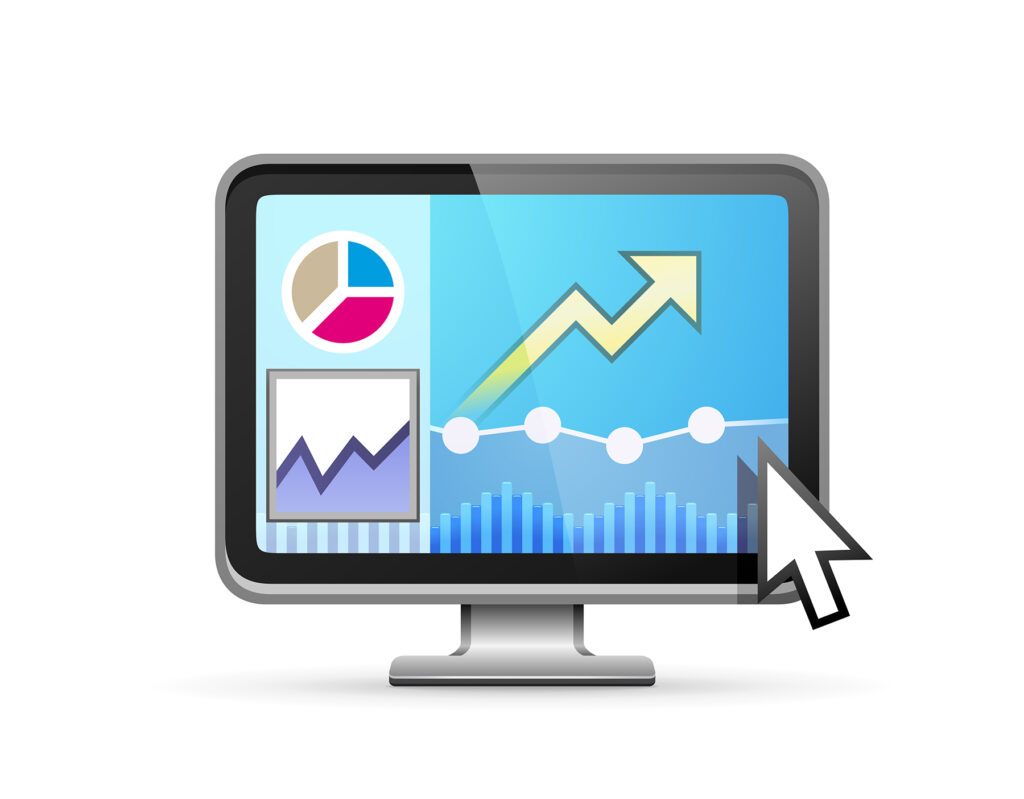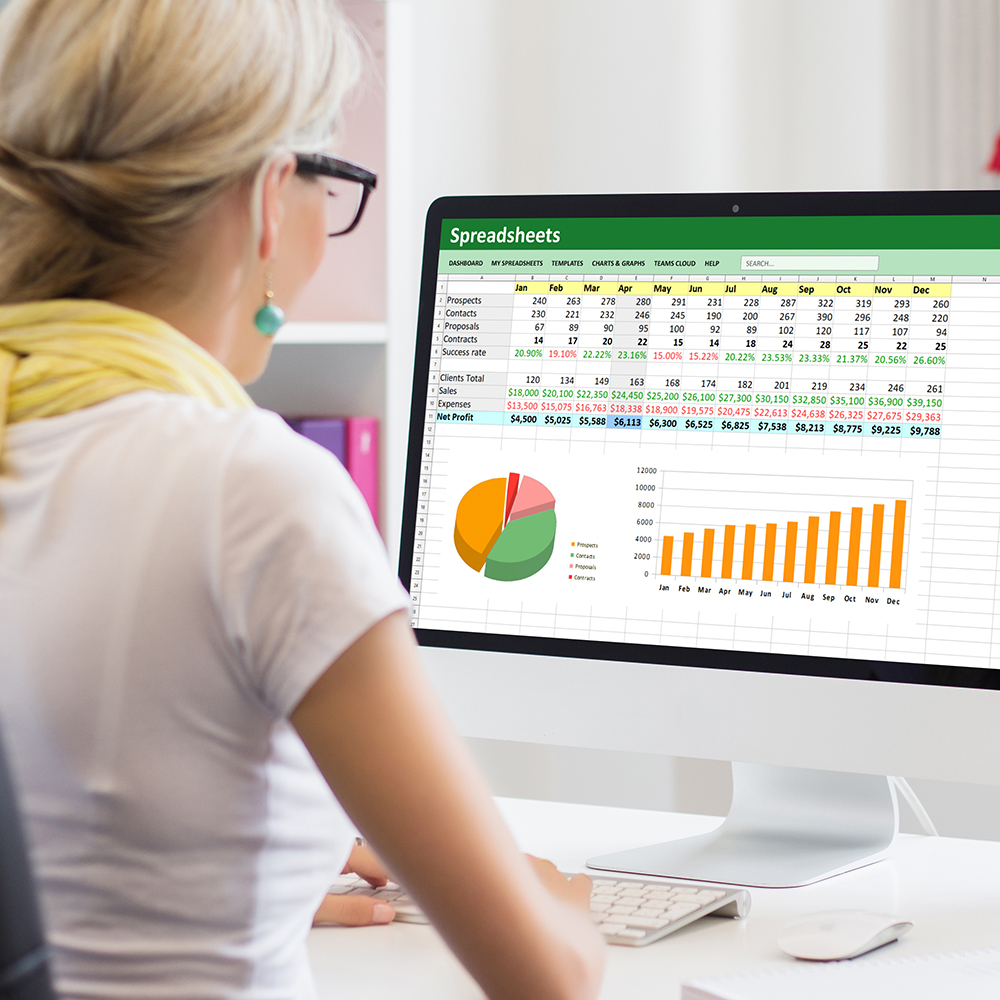The accounting landscape in the UK has undergone a seismic shift in recent years, driven primarily by the integration of digital tools and software solutions. This transformation isn’t just a fleeting trend; it’s a fundamental change in how accounting services are delivered and utilized by businesses. As we delve deeper into this digital revolution, it’s essential to understand the latest tools reshaping the accounting sector and the pivotal role of initiatives like ‘Making Tax Digital’ in this transformation.
Embracing Digital Tools in Accounting
In the past, accounting was synonymous with mountains of paperwork, manual calculations, and a substantial time investment. Today, the picture is strikingly different. Digital tools have streamlined these processes, offering accuracy, efficiency, and real-time data management. Let’s explore some of the key digital solutions revolutionizing the UK accounting sector.
Cloud-Based Accounting Software
Cloud computing has been a game-changer for accounting. Software like Xero, QuickBooks Online, and Sage Business Cloud Accounting have become household names in the business world. These platforms offer real-time financial data access, scalability, and collaboration tools. They reduce the need for physical storage and allow accountants and clients to access financial data securely from anywhere, fostering a more collaborative approach to financial management.
Automated Accounting Processes
Automation is another cornerstone of digital transformation in accounting. Tools like Receipt Bank and AutoEntry automate data entry tasks by extracting information from receipts and invoices, significantly reducing manual input errors and saving valuable time. This automation extends to functions like bank reconciliations, invoice generation, and even financial report preparation, making accounting more efficient and less prone to human error.
Advanced Analytics and Reporting
Modern accounting software is equipped with advanced analytics and reporting features. These tools provide deeper insights into financial data, enabling businesses to make informed decisions. They can track performance indicators, forecast future trends, and provide comprehensive financial reports, offering a level of analysis that was previously unattainable without significant investment.
The Role of AI and Machine Learning
Artificial Intelligence (AI) and Machine Learning (ML) are at the forefront of the accounting digital revolution. AI-powered tools can analyze large volumes of data, recognize patterns, and even predict future trends, offering unprecedented insights into financial management. They can also automate complex tasks like tax filing and compliance checks, ensuring accuracy and adherence to regulatory standards.
Cybersecurity in Digital Accounting
With the shift to digital, cybersecurity has become a paramount concern. Digital accounting tools are fortified with advanced security features like encryption, two-factor authentication, and regular security audits to protect sensitive financial data. Businesses must understand the importance of these features and how they contribute to a secure digital accounting environment.

‘Making Tax Digital’ – A Milestone in UK’s Digital Accounting Journey
A critical aspect of the UK’s digital transformation in accounting is the ‘Making Tax Digital’ (MTD) initiative by HM Revenue and Customs (HMRC). This government initiative aims to make the UK tax system more effective, efficient, and easier for taxpayers through the mandatory use of digital records and software.
What Does ‘Making Tax Digital’ Involve?
‘Making Tax Digital’ requires businesses above the VAT threshold to keep digital records and submit VAT returns using compatible software. This move not only streamlines the tax filing process but also aims to reduce errors associated with manual data entry. It’s a significant step towards a fully digital tax system, expected to extend to Income Tax and Corporation Tax in the coming years.
Benefits of ‘Making Tax Digital’
- Improved Accuracy: Digital records minimize the chances of errors, ensuring more accurate tax submissions.
- Efficiency: Automating the tax submission process saves time and resources for businesses.
- Real-Time Information: MTD provides HMRC with real-time data, enabling more effective management of public finances.
- Simplification: It simplifies the tax filing process for businesses, making it more straightforward and transparent.
Challenges and Opportunities
Despite its numerous benefits, the digital transformation in accounting does pose challenges. The learning curve associated with new software, the initial setup costs, and adapting to a continuously evolving digital landscape can be daunting for some businesses. However, the opportunities these digital tools provide in terms of efficiency, accuracy, and strategic financial planning far outweigh the challenges.
Conclusion
The digital transformation in accounting is not just about adopting new technologies; it’s about embracing a new way of working that is more efficient, accurate, and collaborative. As UK businesses adapt to this digital era, they find themselves better equipped to manage their finances, comply with regulations like ‘Making Tax Digital’, and make informed strategic decisions. The future of accounting is digital, and it’s a future full of potential for businesses ready to embrace these changes.
